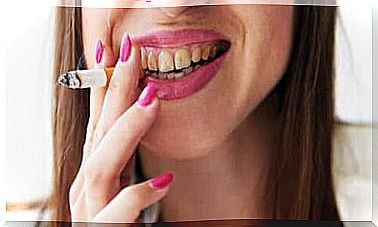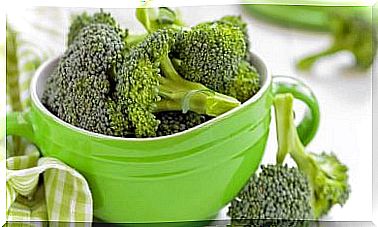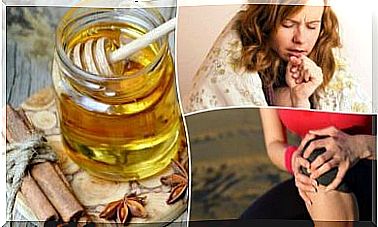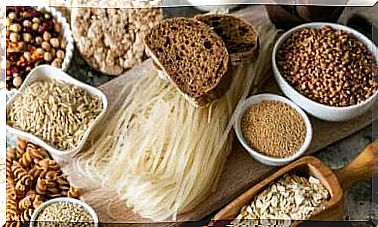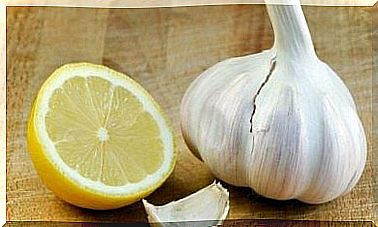Honey And Babies: A Dangerous Combination
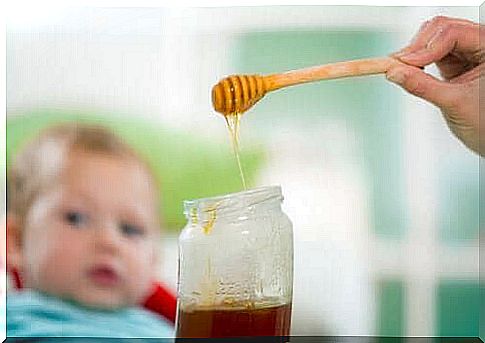
Do you know why honey and babies are a bad combination? Is not honey, with its unmistakably sweet taste, after all one of the healthiest and most nutritious foods in the world? Didn’t our parents and grandparents moisten our pacifiers with a little honey to keep us happy?
All this can be true. However , scientific studies have found that this is a dangerous practice. Doctors now advise parents to never, under any circumstances, give honey to babies under 12 months.
Botulism: The reason why honey and babies are not a good combination
Humans have been eating honey for thousands of years. It is a natural and nutritious food, and the benefits are many and well known. From ancient Egypt to the present day, honey has always been an ingredient sought after in all kinds of recipes. This is due to the honey’s many properties and sweet taste.
Unfortunately for babies, this natural product also contains clostridium botulinum , a motile bacterium that produces a neurotoxin that can be very harmful to babies under 12 months. The reason is simple: A baby’s intestinal flora has not yet fully matured, and the spores of this bacterium can easily spread in the intestine. Then they continue to produce botulinum, which is now considered one of the most deadly drugs we know of.
This is often called infant botulism, a type of botulism that mainly affects children under 12 months and can be fatal. However, it does not affect them in the same way when they are one year old. This is because their natural defenses have evolved and are now able to prevent the spread of the bacterium from the stomach and intestines.
Botulism, honey and babies
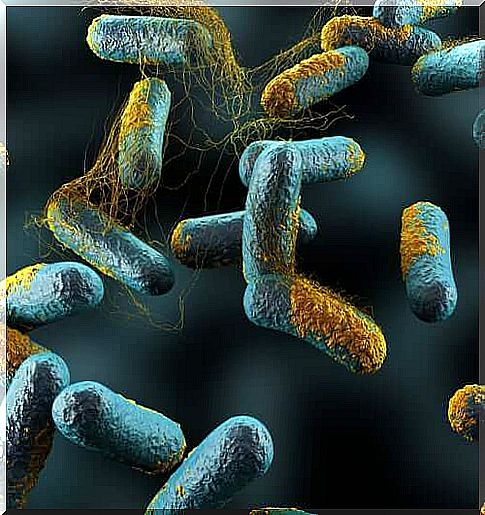
Clostridium botulinum is a rod bacterium that is naturally found in soil. Thus, it can also be found in virtually all types of food, both plant-based and animal products. This bacterium organizes itself in spores, and can remain dormant until it finds the ideal conditions to reproduce and grow.
It is often found in homemade preserves, such as jams and juices, as it prefers environments with little or no oxygen. However, it will not thrive in environments that are acidic. Furthermore, it will not thrive in environments with a high concentration of sugar. That is why it lies dormant in honey and waits for an ideal environment where it can reproduce.
When a baby under one year eats honey, the sugar in the nectar is diluted when it reaches the digestive juice in the stomach. This is because a baby’s stomach is an environment where there is still little acid and little oxygen. Thus, the bacterium finds the ideal conditions for reproduction here, and begins to grow, thus producing botulinum. The bacterium then reaches the neuromuscular ends through the bloodstream and can lead to infant botulism. This is a very serious condition that requires immediate hospitalization.
Symptoms
Infant botulism affects the nervous system, so it can manifest itself through a wide range of symptoms. They usually appear about 12 to 48 hours after the child comes in contact with the bacterium.
The most common symptoms are:
- Slow breathing or other breathing problems
- Constipation
- General weakness
- Weak crying
- Apathy
- A reduced reflective arc
- Double or blurred vision
- Dry mouth
- Hanging eyelids
- General lethargy
- Eat slowly
- In extreme cases: paralysis of the arms, legs or respiratory tract
Diagnosis and treatment

A pediatrician will take into account the description parents or caregivers give of the symptoms to determine if the child may have botulism. They will most likely perform a stool test to check for traces of botulinum.
In the same way, it is important to emphasize that infant botulism requires immediate hospitalization. Studies have shown that it affects the nervous system and can lead to respiratory failure. For this reason, it is necessary to get the baby to a hospital, where they can keep the baby under constant observation.
The success of the treatment depends on making the diagnosis early and administering the medicine at the right time. In the most severe cases, a child may even need mechanical ventilation or intravenous feeding.
Is honey the only food that leads to infant botulism?
No, honey is not the only food that can cause infant botulism. As we mentioned in a previous section, the bacterium that is responsible for this condition is actually found everywhere in nature. It is therefore quite challenging to find the source of the tracks. Naturally, honey is just one of several possible sources.
The bacterium that leads to botulism lives in soil, and is spread through dust that is transported through the air. Thus, a baby can also easily breathe them in. This is also one of the reasons why doctors encourage parents to keep babies away from environments where there is a lot of dust. Furthermore, it is also a good idea to keep them away from places where people can take soil and dirt with them.
Due to the severity of botulism and the difficulty in eliminating the bacterium that causes the disease, one must constantly be aware of any outbreaks of this bacterium, so you can avoid infection and even possible epidemics. In this connection, the WHO (World Health Organization) wants to create security and promote monitoring, detection, risk assessment and limitation of spread.
As you can see, although outbreaks of botulism are rare, they will always be a threat to public health and are prioritized accordingly. Local authorities must establish guidelines as soon as possible, regardless of whether the outbreak is natural, accidental or deliberate. This is the only way to prevent new cases from occurring, as well as to be able to effectively treat those who are already ill.
Recommendations
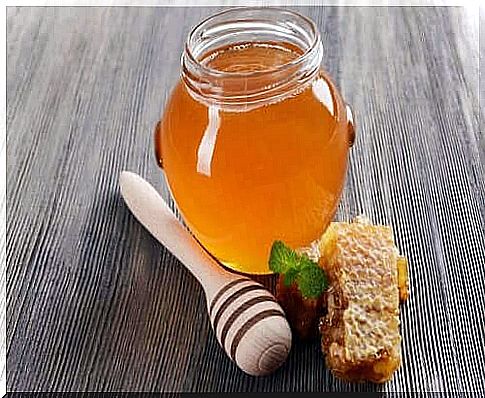
The most important measure to avoid botulism caused by honey is to keep this food away from the child until they are one year old. However, you must also remember that the disease can occur from other sources of infection as well. Since there is no vaccine against this bacterium, prevention is always the best measure.
To prevent the occurrence of infant botulism, pediatricians recommend the following measures:
- Never give honey to a child under one year.
- The bacterium can also be found in glucose-fructose (corn syrup), so do not give this to infants either.
- Avoid exposure to dirt and dust as it may be contaminated.
- Boil homemade preserves at high temperatures.
- Maintain proper and good hygiene.
Honey and babies – conclusion
Babies and honey are not a good combination. No matter how sweet it is, or how many good properties it has, the risk of developing infant botulism is very high for children under one year. This is because their immune system is not fully developed. Thus, they become defenseless against the bacterium that causes this disease.
Finally, it is important that you pay attention and remember that honey is not the only source of botulism. Follow guidelines for good hygiene, as well as the recommendations from health authorities to keep the little ones safe and healthy.


